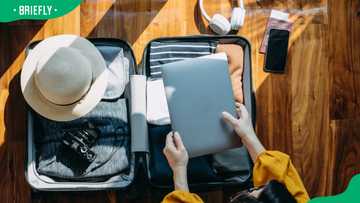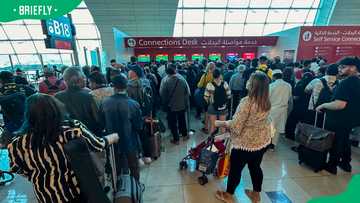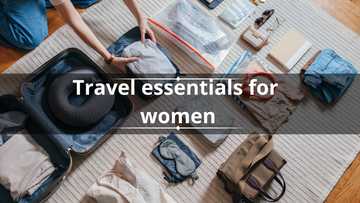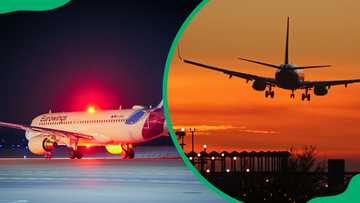Do you have to go through customs on a layover? A complete guide
Travelling is a great adventure, but it often raises many questions for travellers, especially for international flights. One common question with travellers is: do you have to go through customs on a layover?

Source: UGC
TABLE OF CONTENTS
- Do you have to go through customs on a layover?
- When do you go through customs?
- Preparation for a smooth customs process
- What happens during customs for a connecting flight?
- What documents do you need when travelling?
- What is the difference between a layover and a stopover?
- What is a connecting flight?
- What to do if you are running late for a connecting flight
- Are customs the same as security?
- Do you have to collect your luggage for a connecting flight?
- Is baggage claim after customs?
- What causes secondary inspection?
- Do you go through customs at your layover or final destination?
- Do you have to go through customs with a connecting flight?
A layover is the time spent during a stop in a connecting flight. The number of layoffs a passenger has may depend on the airline or itinerary.
Do you have to go through customs on a layover?
Whether you need to go through customs during a layover depends on the airport, country, and itinerary. But as a general rule, you will only go through customs for international connecting flights.
When do you go through customs?
Customs are responsible for controlling goods and passengers entering and leaving a country. You go through them if;
1. Nonstop flights: You will go through customs and immigration once at your arrival airport.
2. Layovers: You will be required to go through customs once at your final destination, as long as;
- You are not leaving the airport.
- Your travels are on a single ticket.
- Your bags are checked to your final destination.
3. Connecting flights: You will need to go through customs if;
- Your layover is in the United States.
- Your connecting airport is in the same country as your final airport.
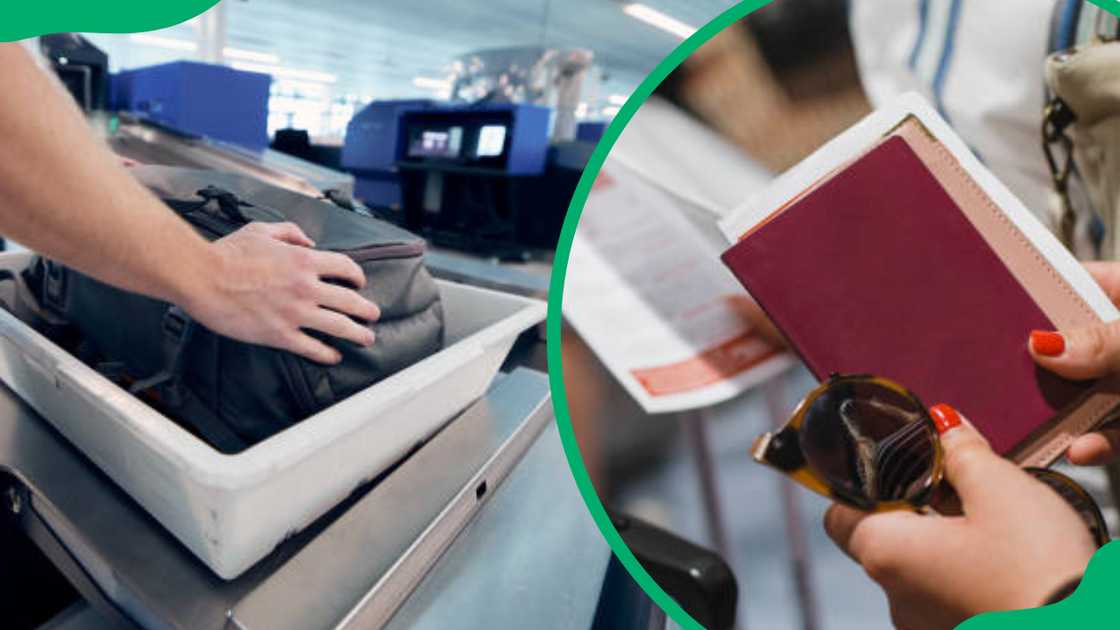
Source: UGC
Preparation for a smooth customs process
Going through customs can be tedious, so travellers must prepare thoroughly to experience a smooth process. You need to;
- Ensure you have all the required travel documents, such as your passport, visa, boarding pass, customs declaration form, proof of onward travel, and luggage.
- Declare anything important to security personnel during the inspection.
- Pack goods in an easily accessible way to avoid delays during checkups.
What happens during customs for a connecting flight?
Each country may have a different customs process for connecting flights. However, the following are standard procedures.
- For domestic travel, you do not need to go through customs; you can stay in a secure area within the airport and wait to proceed to your flight.
- For international travel, you need to pass through a checkpoint where your body and luggage are scanned. You must also fill out a customs declaration form, which provides details of your trip.
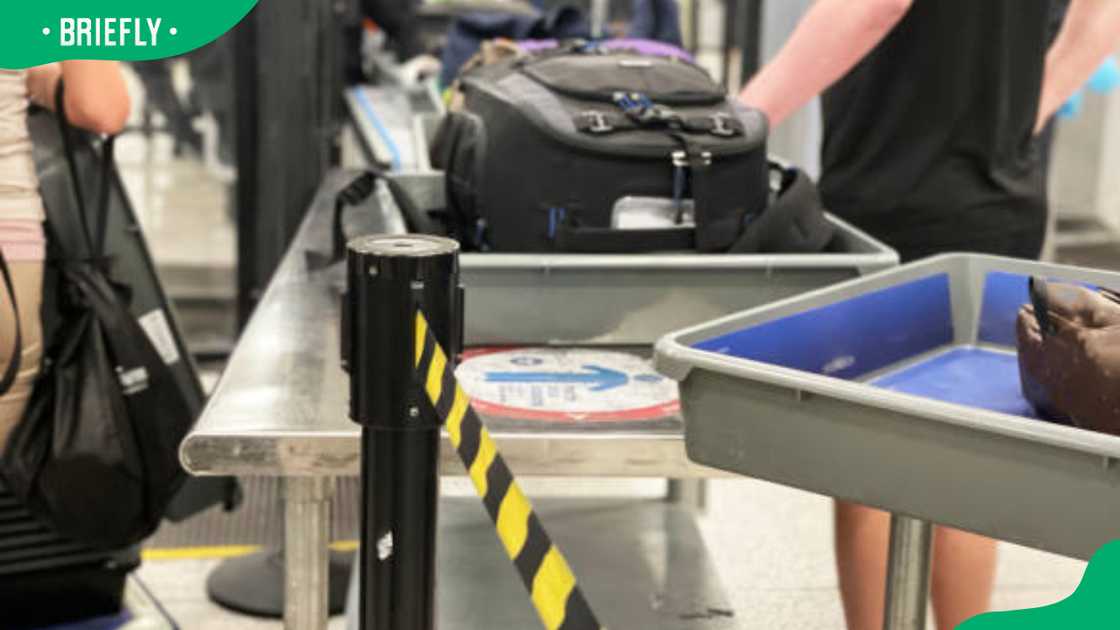
Source: Getty Images
What documents do you need when travelling?
The documents required when travelling may vary depending on the country of origin, destination, layovers, and travel circumstances. The most common ones include;
- Passport
- Travel Visa
- Customs declaration form
- Boarding pass
- Proof of onward travel
- Travel Insurance
What is the difference between a layover and a stopover?
Layovers usually last about four hours for domestic travel and 24 hours for international travel. Stopovers typically last more than 4 hours for domestic travel and more than 24 hours for international travel. This time may allow a traveller to leave the airport before the next connecting flight.
What is a connecting flight?
A connecting flight is a journey that involves changing planes at an intermediate airport to reach your final destination. This occurs as not all travellers take a direct flight to their destination.
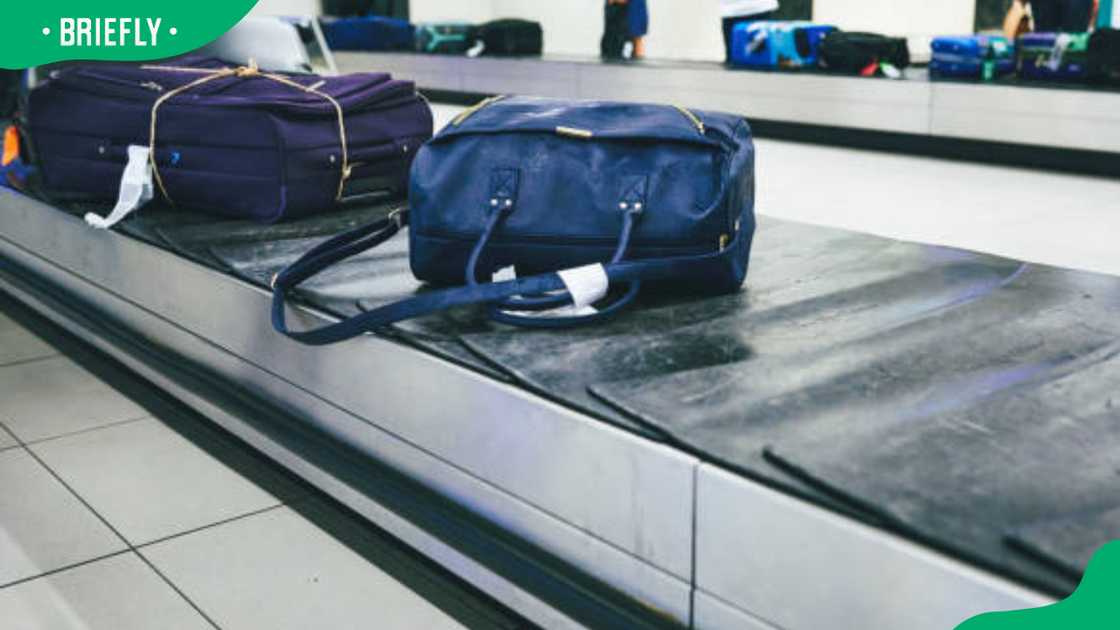
Source: Getty Images
What to do if you are running late for a connecting flight
If you are running late for a connecting flight, it is essential to remain calm and follow the following tips to ensure you get to your connecting flight;
- Notify the airline personnel as they can delay the connecting flight or offer alternative solutions.
- Ask the airport personnel for airport transportation services, which will help you get to the gates faster.
- Consider rebooking for the next flight.
Are customs the same as security?
Customs and security differ. Customs ensure that passengers have legal documents while travelling, whereas security ensures that the luggage they are travelling with is legal.
Do you have to collect your luggage for a connecting flight?
If you travel with the same airline, your luggage is automatically transferred to your destination. However, if you use a different airline, you must claim and recheck your luggage during a layover.
Is baggage claim after customs?
The baggage claim is before customs. After clearing immigration, you can go to baggage claim to collect your checked luggage.
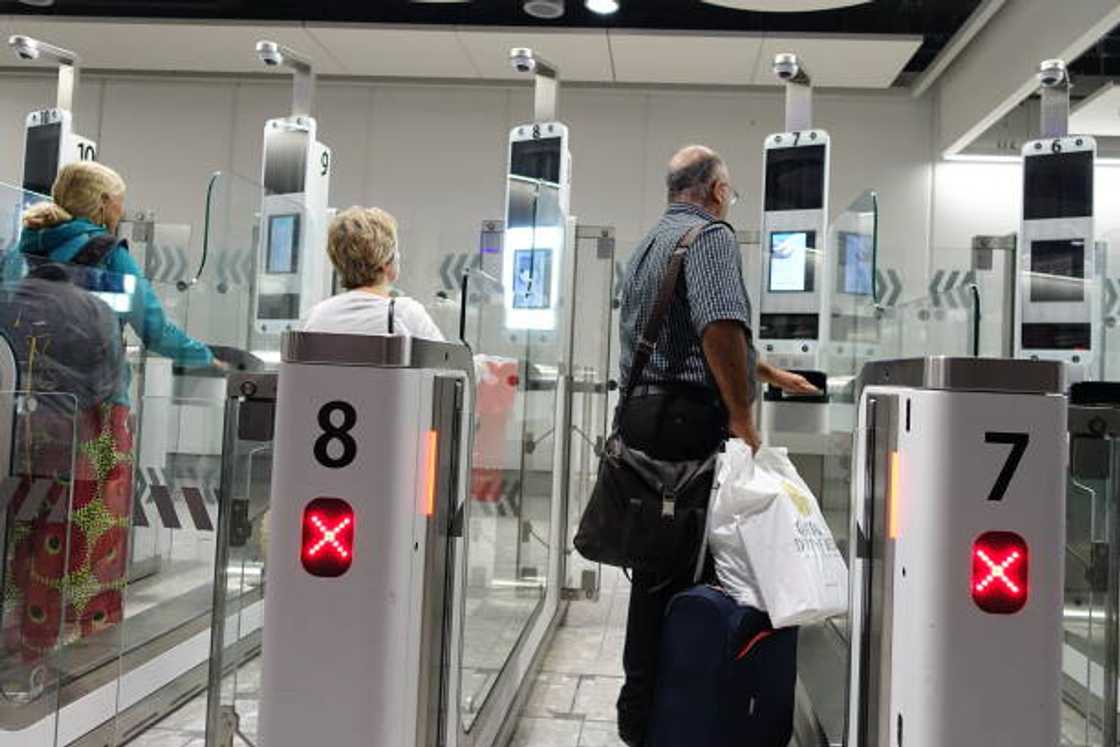
Source: Getty Images
What causes secondary inspection?
A secondary inspection occurs when a traveller is referred for additional screening at a point of entry. This happens when something unusual is identified in luggage requiring further scrutiny or documentation requiring further checkup.
However, being subjected to a secondary inspection does not mean one possesses prohibited items. It is just a way for security personnel to ensure the safety of travellers.
Do you go through customs at your layover or final destination?
This depends on your travel plans and the countries you are visiting. If you have a single ticket and your bags are checked to your final destination, you will usually go through customs once you arrive there. However, you may need to go through border control and customs at the connecting airport.
Do you have to go through customs with a connecting flight?
Going through customs with a connecting flight depends on the itinerary and the type of flight. You must go through customs at the connecting airport for international flights. However, you do not need to go through customs for domestic flights.
Do you have to go through customs on a layover? The above information covers everything you need to know about customs on a layover. However, it is essential to always check with your airline for any additional rules that may apply.
DISCLAIMER: This article is not sponsored by any third party. It is intended for general informational purposes only and does not address individual circumstances. It is not a substitute for professional advice or help and should not be relied on to make decisions. Any action you take based on the information presented in this article is strictly at your own risk and responsibility!
READ ALSO: Can you take alcohol on a plane?
Briefly.co.za published an article on the rules of carrying alcohol on a plane. You can take beer on a plane, whether in your carry-on or checked luggage, but you cannot consume your drinks on a plane.
When travelling internationally, the amount of liquor you can carry varies based on several factors. Discover the rules and packing tips for bringing alcohol on a plane.
Source: Briefly News

